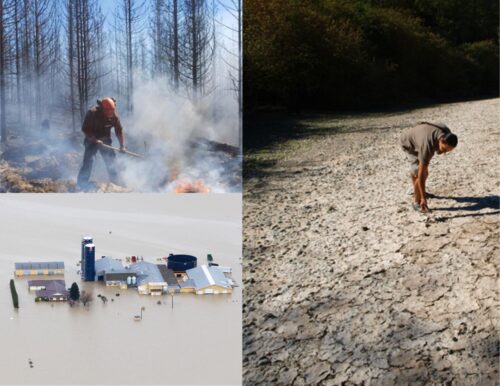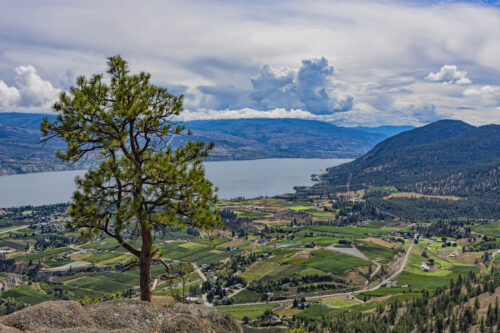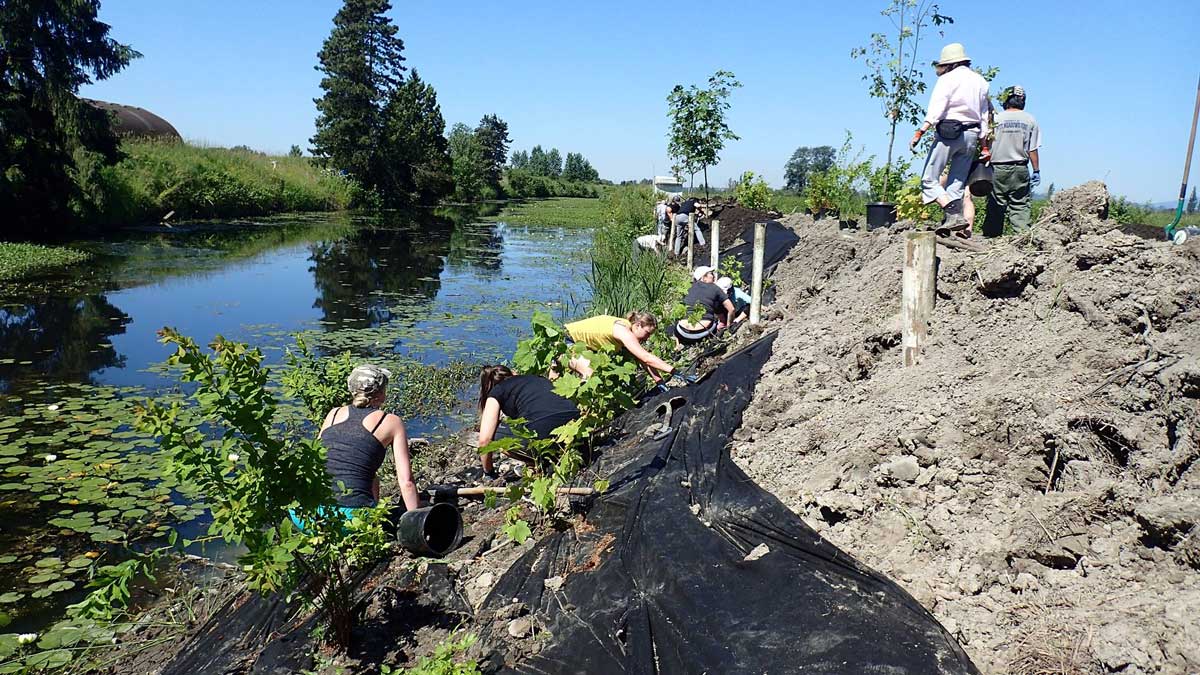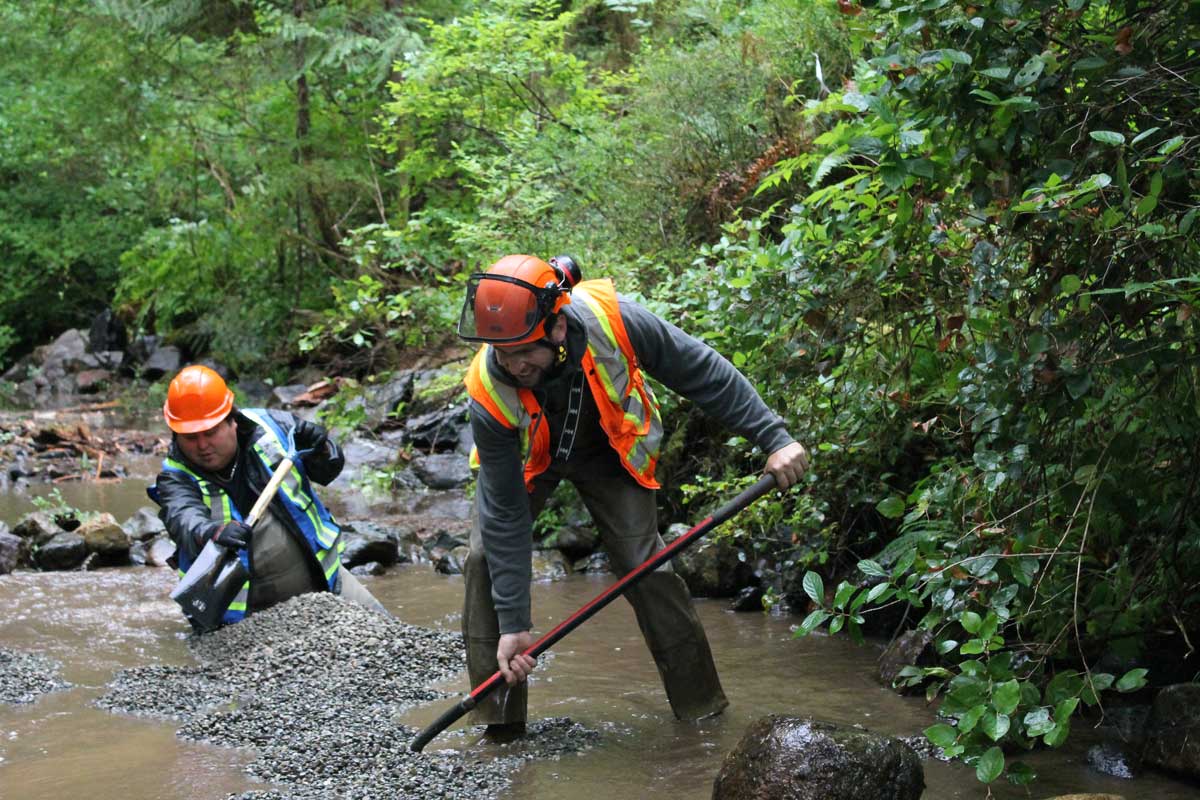What's Happening: Cycle of water crises, expanding population, and industrial development are increasing pressure on watersheds in every region of B.C.
In recent years, B.C. has experienced a cycle of water disasters - an unprecedented multi-year drought (2021-2024), devastating wildfires (cost $4.5 Billion in the last ten years), historic flooding in 2021 (cost $9+ Billion), and more frequent and damaging landslides. Poorly planned development over the past 20 years has compounded these climate impacts and made British Columbians increasingly vulnerable to watershed insecurity. More than two-thirds of British Columbians are now concerned about a major water crisis in their community in the next few years.

What's At Stake: As watershed insecurity intensifies year over year, the costs of inaction, social conflict, and the risks to communities will continue to grow.
Strong and healthy watersheds provide essential benefits that underpin our economy, health and well-being – clean drinking water, thriving salmon runs, water for growing food and natural defences against extreme weather and climate disasters. But too many watersheds in B.C. have been degraded and are challenged by ever-increasing threats. We are seeing communities declaring water emergencies, First Nations without clean water, towns and farmers competing for water, declining habitat for fish and wildlife, and people losing their homes and livelihoods from floods, fires and landslides.

What's the Solution


INCREASING FUNDING FOR WATERSHED SECURITY, including growing the BC Watershed Security Fund, to support local watershed initiatives to advance watershed security while creating good jobs and stronger, healthier communities. Investing in watershed security aligns with the values of a significant majority of voters, as 78% of British Columbians want to see major investments from the provincial government to protect freshwater in BC.
TRAINING AND GROWING THE PROFESSIONAL WATERSHED WORKFORCE to support young workers and transition under-employed resource workers into the watershed sector which already supports 47,000 direct and indirect jobs across B.C
ENABLING LOCAL WATERSHED BOARDS in all regions of BC to give local people who live in those communities the resources and tools to set priorities for the health and security of local watersheds, strengthen community defences against drought, floods and wildfires, and reduce social conflict due to water insecurities
